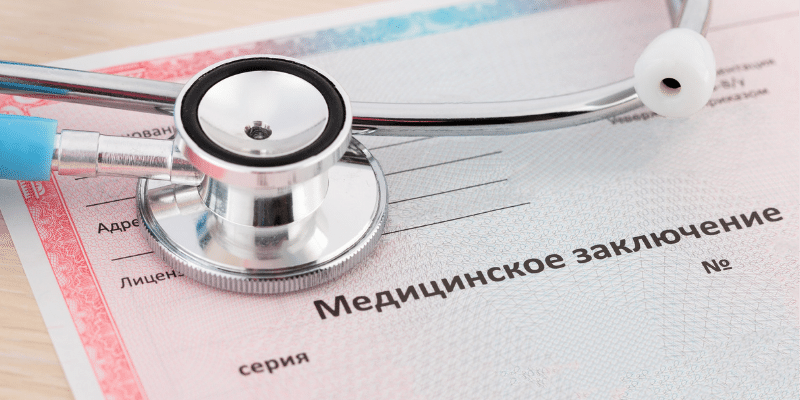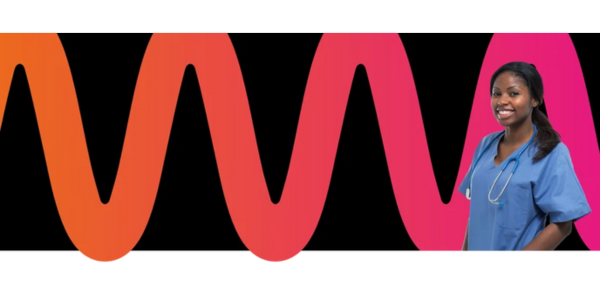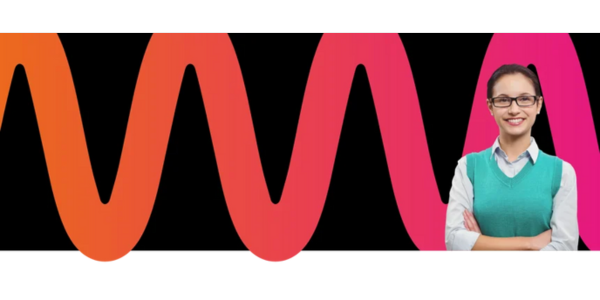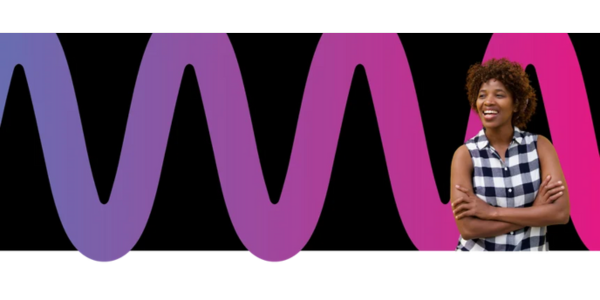Medical Translation- How the right information can save lives

When you’re seriously ill in hospital, every detail is overwhelming. Doctors are rushing around you; medication being rapidly discussed, and concern floating in the air. But imagine if you can’t understand a word of what is being said around you – how can you tell anyone what you’re experiencing?
The COVID-19 pandemic has only heightened the need for qualified, professional medical interpreters. On any typical day, hospitals are inherently stressful environments. But the conditions of working during the pandemic—where high volumes of critically ill patients increase noise levels and the risk for delays, and where patients may be intubated and, therefore, unable to communicate—make timely, effective communications even more critical.
At the same time, the pandemic, with its extreme risk for disease transmission, highlights the critical need and the value of trained professionals medical interpreters, who are well-versed in universal precautions and infection control protocols.

In 2015, the Office for National Statistics reported that people who don’t speak English well were more likely to suffer from poor health. It follows that, due to the lack of resources for non-English speakers, people were struggling to access healthcare which led to health complications.
Early Intervention
For medical translations to be effective, they must be implemented early in the healthcare sector.
Many of us are used to attending a GP surgery and browsing through the leaflets on display. While many probably aren’t relevant to why we are there, subconsciously, we are learning something from them. There are two ways that early-intervention translations can help save lives:
- Translation of leaflets and guidance into targeted languages ensures those at risk are educated.
Research by the British Heart Foundation has identified Ethnicity as a risk factor for several heart and circulatory diseases, including CHD, high blood pressure, and type 2 diabetes.
Targeted translations of educational materials which are aimed at lowering this risk with early on with lifestyle changes have proven to be effective for English speakers in the UK. People from South Asian heritage are more likely to be affected by heart and circulatory diseases in later life, so targeted translations of documentation on these topics would undoubtedly save lives.
Key medical terminology is also translated, ensuring that people are fully able to understand the content and identify warning signs of serious health conditions.
- Easy-Read Translations
Many patients who require interpreters can speak limited English but prefer to have an interpreter present so they can be sure that they have understood everything fully.
However, a medical information leaflet translated into Easy Read English can also be an effective mode of medical translation. Easy Read leaflets can be widely disrupted throughout the NHS and social care settings. Not only does this include non-fluent English speakers, it provides an accessible resource for those with sensory and learning impairments.
Medication Translations
The information leaflets included with medications, ranging from over-the-counter pain killers to prescribed antibiotics, are often disregarded by many readers. However, it goes without saying that the information included can be lifesaving. Especially to those with limited access to healthcare.
Many non-English speakers feel isolated within their homes and communities, and there is an initial anxiety before reaching out to healthcare professionals. Support must be brought into the communities to protect those at risk from certain conditions. This can be done easily by providing translations of medication leaflets, detailing the risks and side effects of what they are taking.

However, this is no easy task with the many languages spoken within the UK. A simple, yet effective, way to circulate this information would be to provide a link within each medication leaflet which would take the user to a website where they could access translated versions of the information easily. This service could be integrated into digital prescriptions and GP communications, ensuring continued communication between the NHS and all its patients.
Coherent and concise medical translations are something that we pride ourselves on. If you would like to find out more about what our innovative blend of AI translation technology and experienced linguists can do for your organisation get in touch at 0121 554 1981 or email getintouch@word360.co.uk.

Elliot Glynn
May 4, 2023Related Services

NHS
Word360 has been delivering interpreting and translation services to the NHS for over 30 years. In doing so, we have developed unique solutions that improve the patient experience, reduce waste and enable staff to focus on more important tasks.

Make My Services Inclusive and Accessible
Communication challenges affect many people in the UK, from non-native English speakers to those who have a hearing, speech or learning impairments. These challenges can make it difficult for individuals to fully participate in society and access essential services

Translation
Our global network of translators work around the clock in over 350 languages and dialects. Working across an extensive range of industries, our Word360 sector specialist experts translate everything from medical, pharmaceutical, legal, cosmetics, charity to marketing, e-learning and many more.
.png?width=300&name=Website%20-%20Featured%20Images%20%20(16).png)